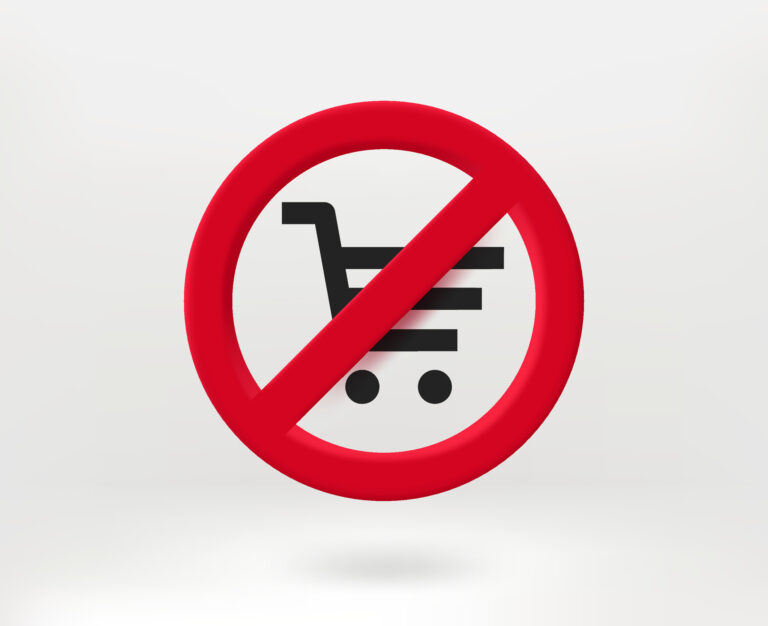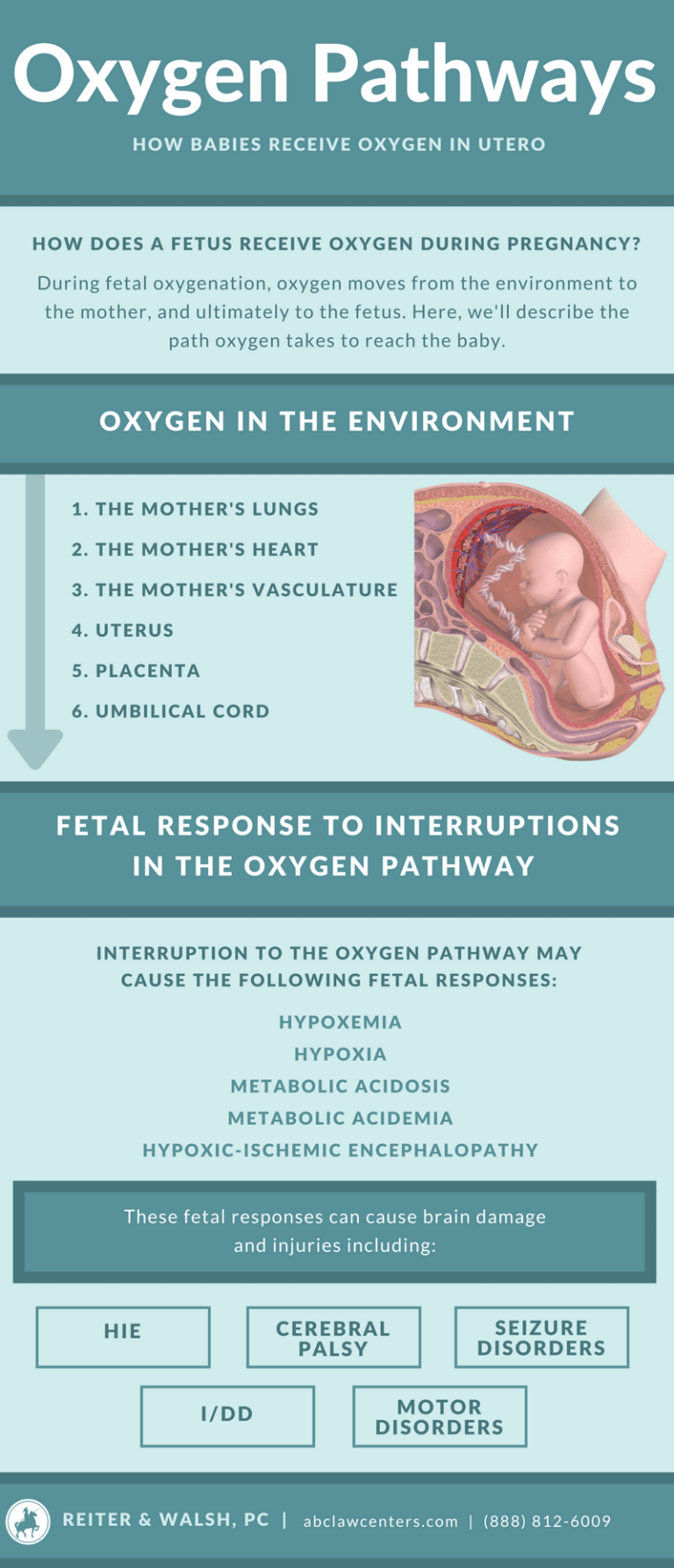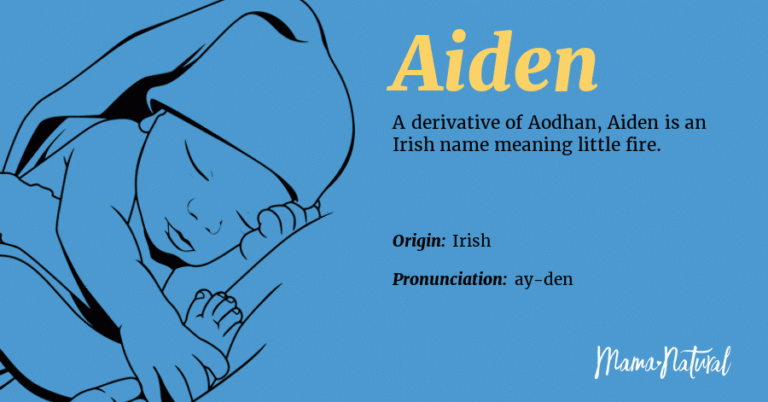When Will My Baby Start Crawling
Are you eagerly anticipating the moment when your little one starts crawling? The excitement of seeing your baby reach this developmental milestone is a special time for parents. In this article, we will delve into the details of when babies typically start crawling, what factors can influence this milestone, and what you can do to encourage your baby’s crawling journey. Let’s explore the fascinating world of baby development together!
Knowledge
When it comes to crawling, every baby is unique. While some babies may start crawling as early as six months, others may take a little longer to get moving. Typically, babies begin to show signs of readiness for crawling between six and ten months of age. However, it’s essential to remember that there is a wide range of normal development, and some babies may skip crawling altogether and move straight to walking.
Before your baby starts crawling, you may notice some signs that they are getting ready to explore their world on all fours. These signs can include increased mobility, such as rolling over, scooting, or rocking on hands and knees. Your baby may also start to show an interest in reaching for objects just out of reach, which can motivate them to start crawling.
Once your baby starts crawling, you may notice that they have a unique style of getting around. Some babies crawl on their hands and knees, while others prefer to scoot on their bottoms or use a combination of crawling and rolling. It’s essential to let your baby find their own way of moving and not compare them to other babies.
If you’re eager to help your baby start crawling, there are several things you can do to encourage their development. Providing plenty of tummy time can help strengthen your baby’s muscles and build the core strength they need to crawl. You can also place toys just out of reach to motivate your baby to move towards them. Remember to create a safe and stimulating environment for your baby to explore and practice their crawling skills.
Conclusion
In conclusion, the timing of when your baby will start crawling is a unique and individual journey. By understanding the typical milestones and signs of readiness, you can support your baby as they embark on this exciting developmental stage. Remember to celebrate each step of your baby’s progress and provide a nurturing environment for them to thrive.
Overall, this article is a valuable resource for parents who are curious about when their baby will start crawling. By gaining insight into the factors that influence crawling development and learning how to encourage your baby’s progress, you can feel confident and informed as you accompany your baby on this remarkable journey. Keep in mind that every baby develops at their own pace, so enjoy the process and cherish each new milestone your little one achieves.






